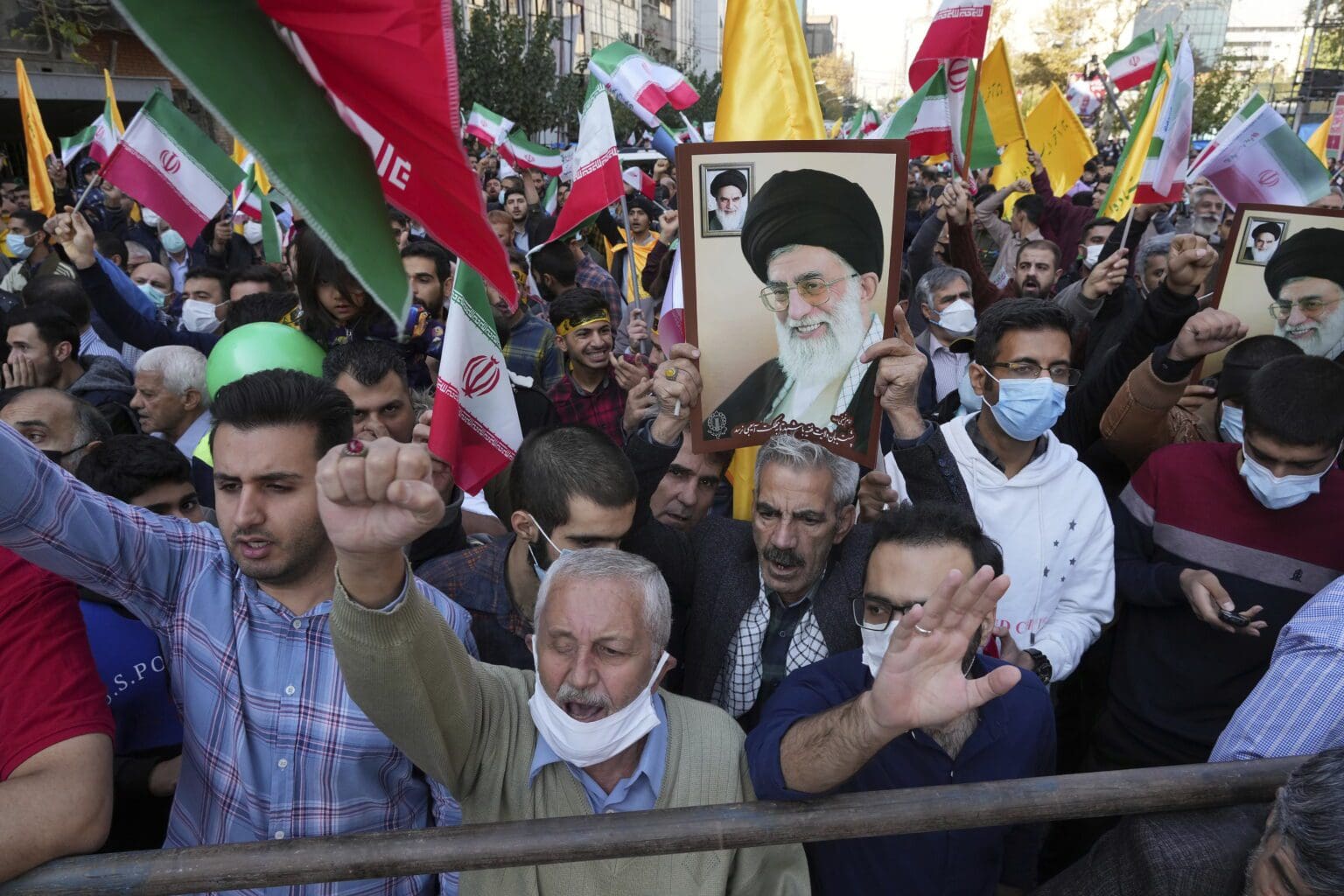
If the West and the Vatican came together and publicly condemn the Islamic Republic of Iran for its crimes, it would not just be in the interest of Iranian citizens but the entire Middle East region. And the time to act is now.
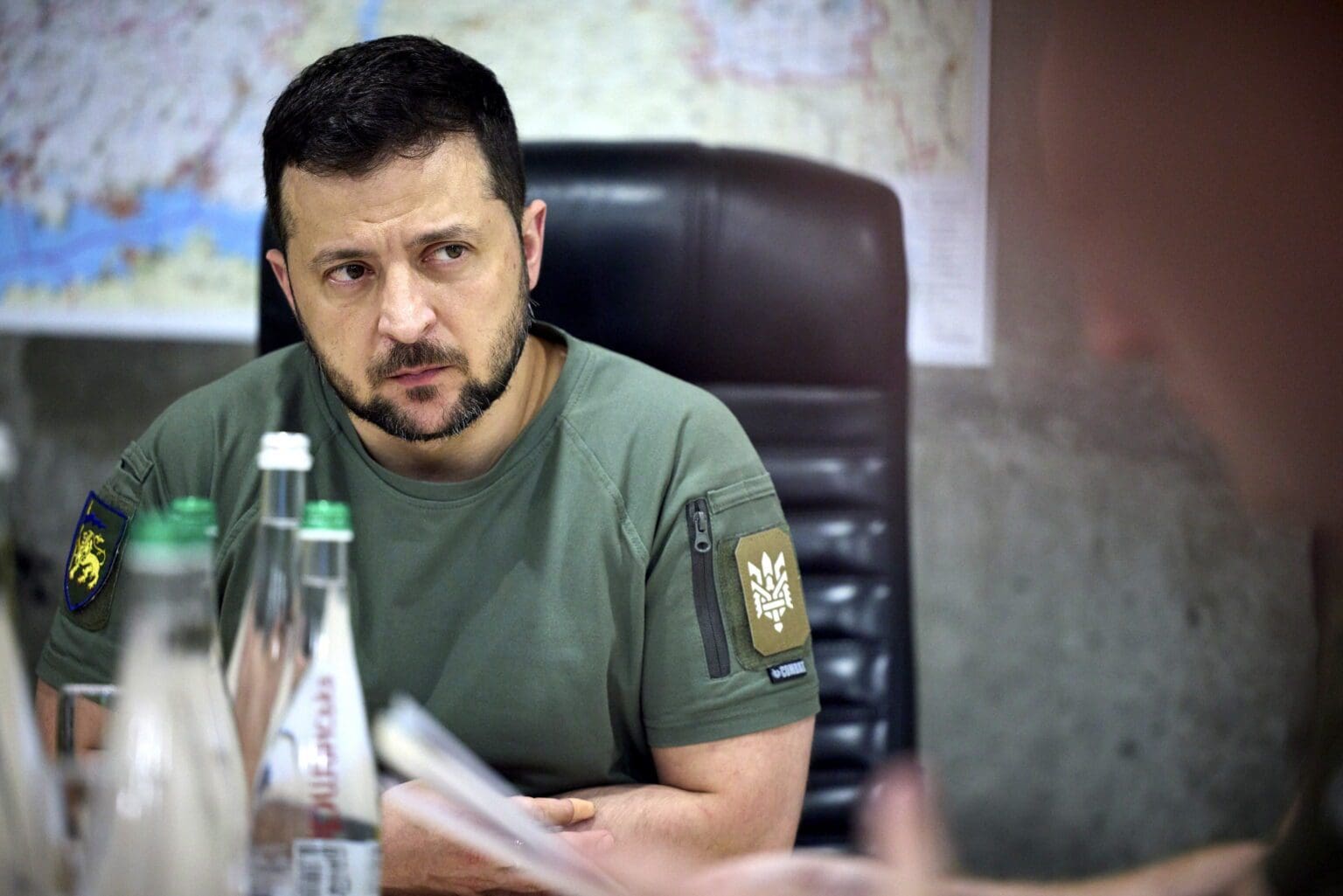
Politicians of the Republican Party would like to see the belligerents to come to an agreement as soon as possible and the bloodshed that has been going on for eight months to finally come to an end.
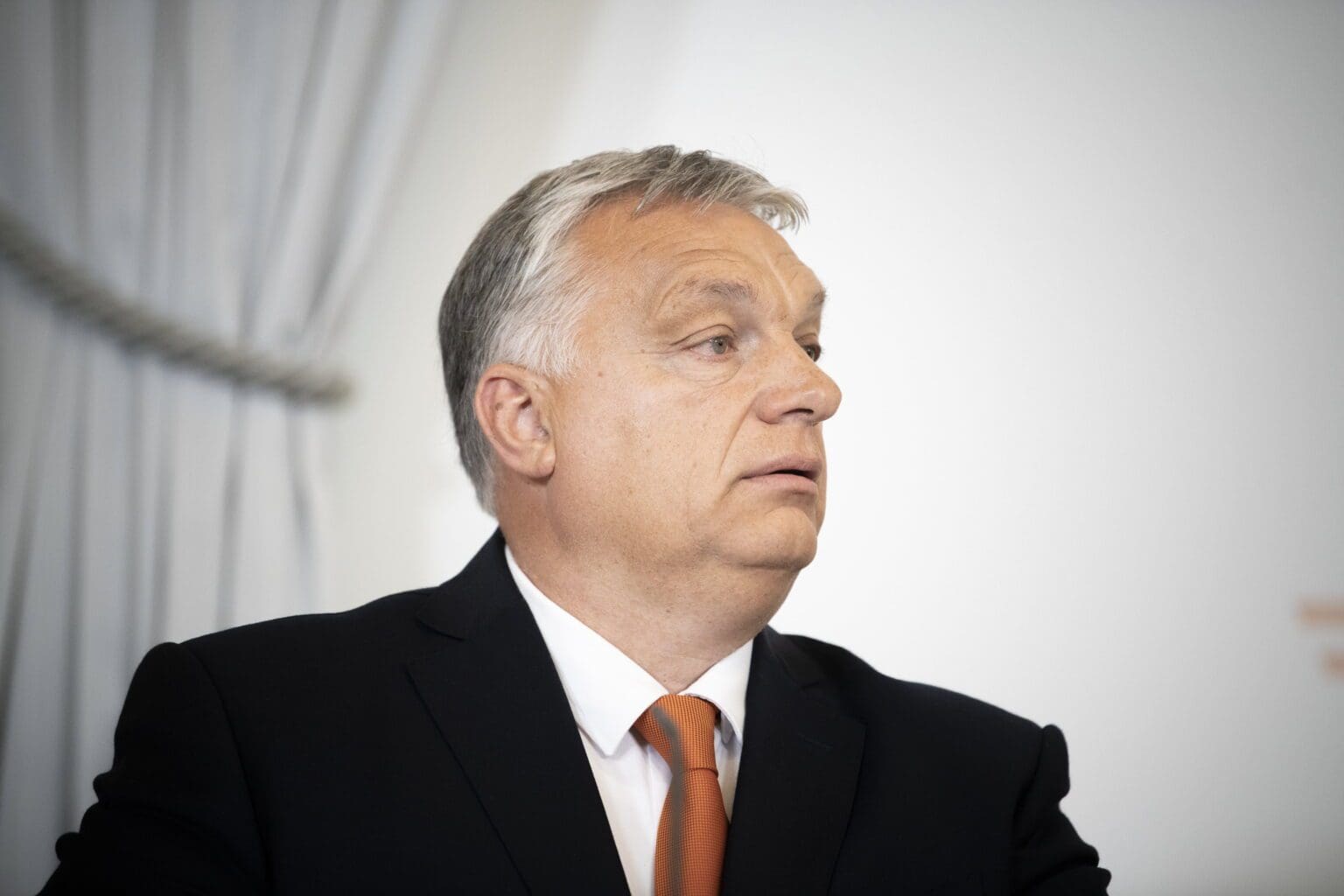
‘Support for Ukraine has evolved into the defining issue in debates over national identity as pro-European Union coalition governments increasingly define themselves against populist opposition parties.’
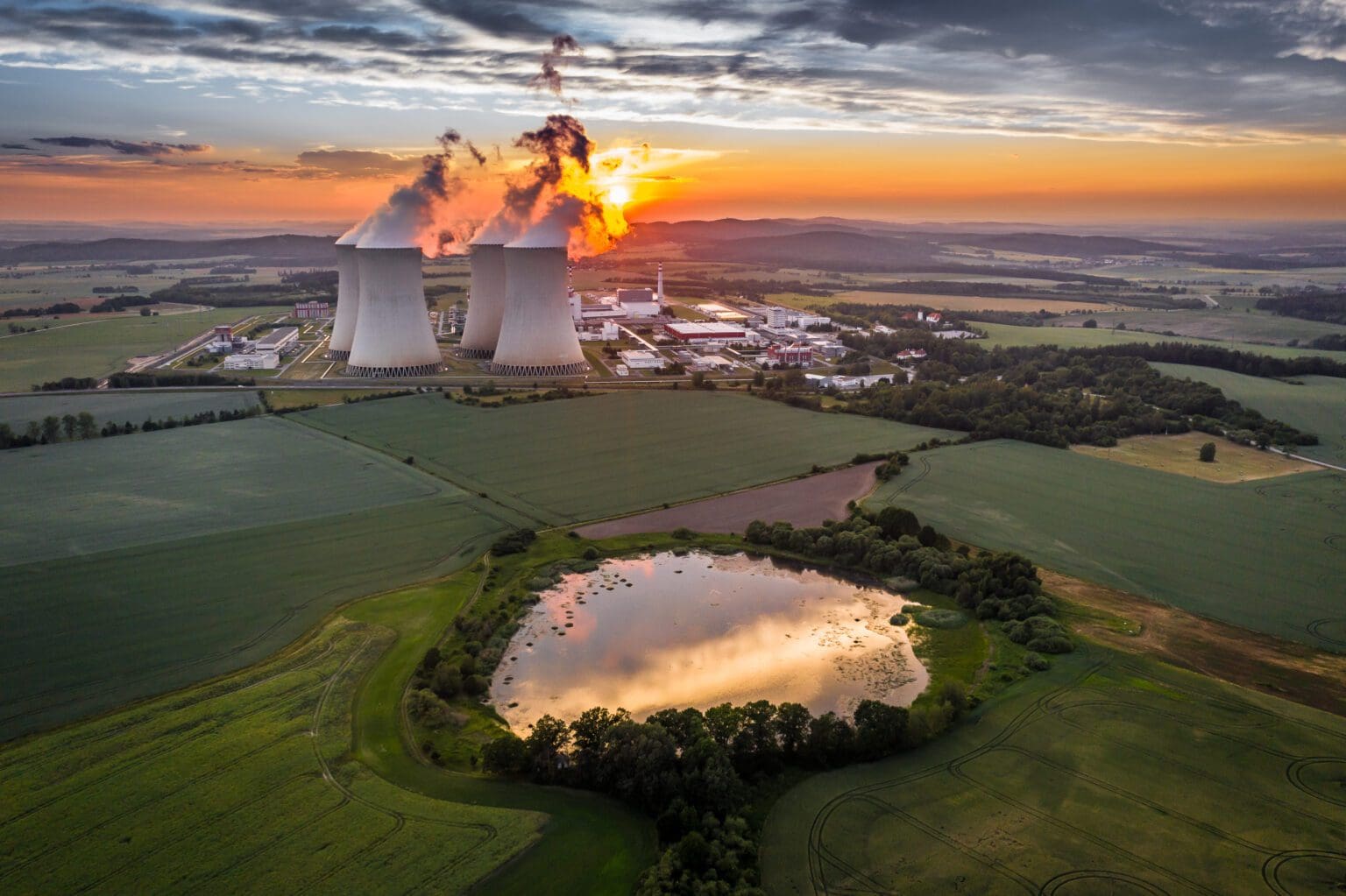
Hungarian Foreign Minister Péter Szijjártó reaffirmed Hungary’s position that member states have a sovereign right to determine what energy carriers they acquire and in what quantities, from whom, and based on what price formula, following a summit of EU energy ministers at the end of October.

After being postponed due to the emerging global Covid pandemic and held under strange circumstances without spectators amidst political tension and the Covid hysteria fuelled by the media, a growing corruption scandal is now further tainting the troubled legacy of the Tokyo Olympics.

Talks between the government and trade unions have started, with union leaders aiming for a 15–20 per cent increase of the minimum wage in 2023.
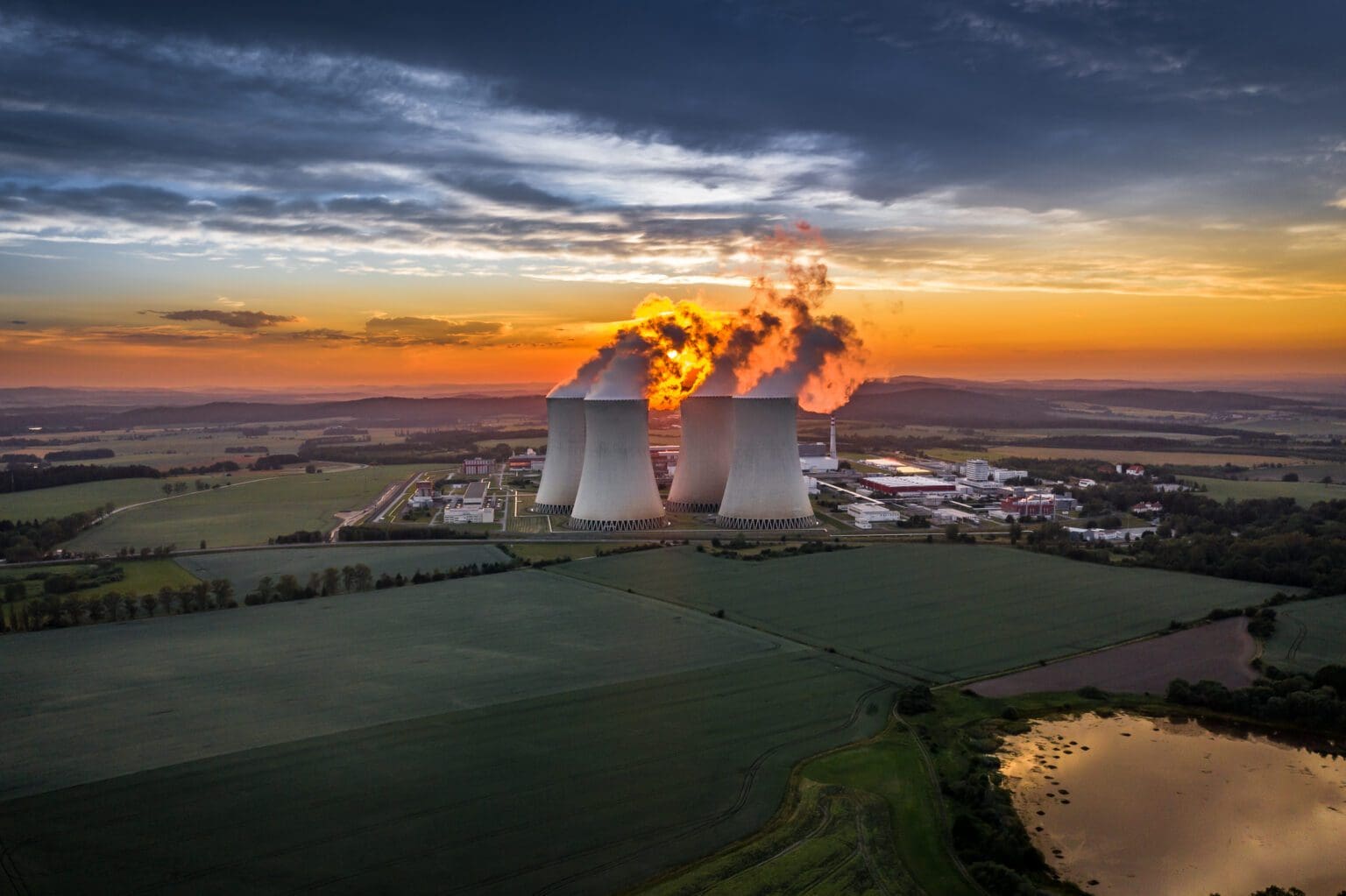
Warsaw has inked contracts worth billions of euros with US and Korean companies to build nuclear power plants.
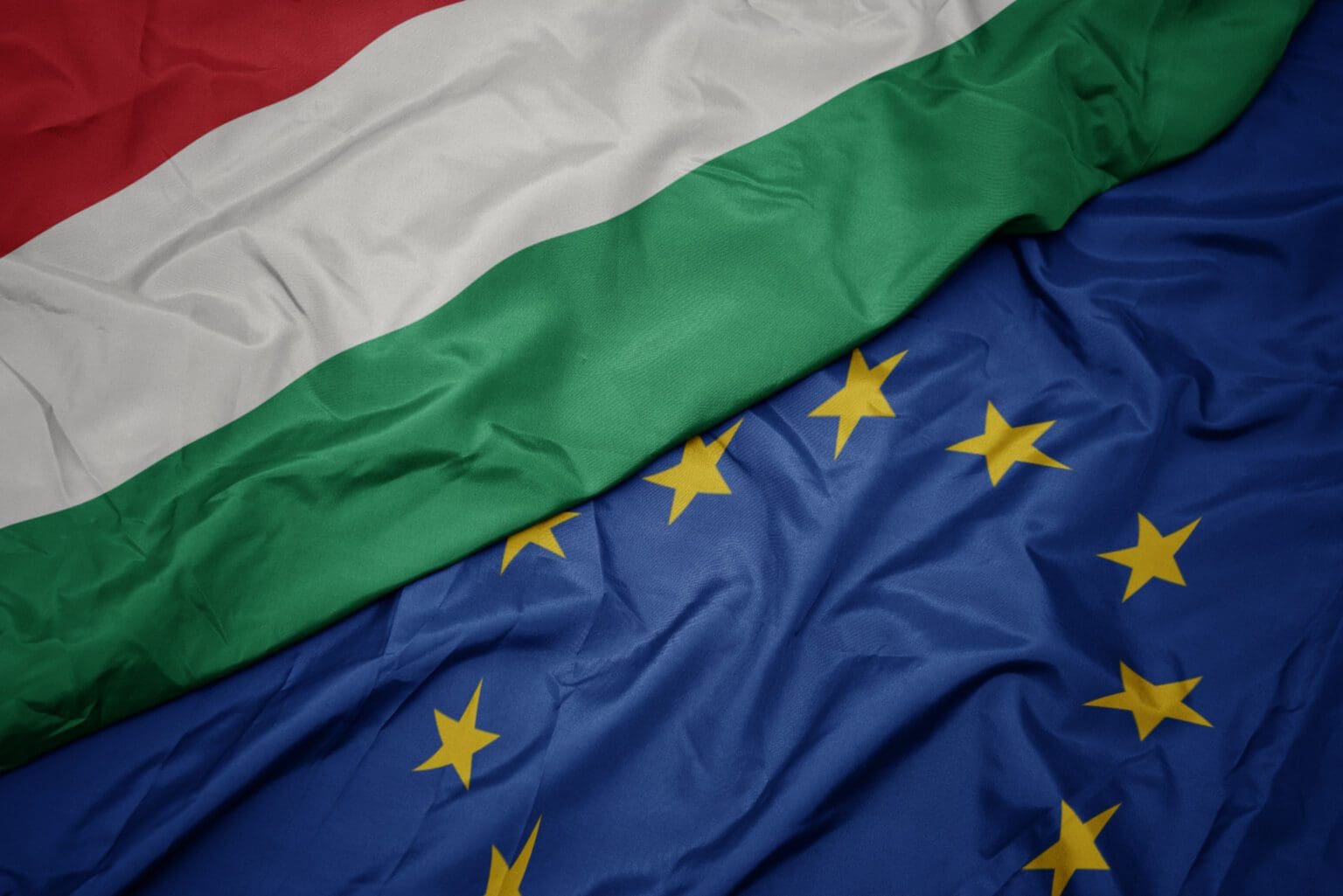
A Hungarian conservative think tank set to open in Brussels this month is expected to stir the pot in Brussels by challenging dominant liberal narratives.
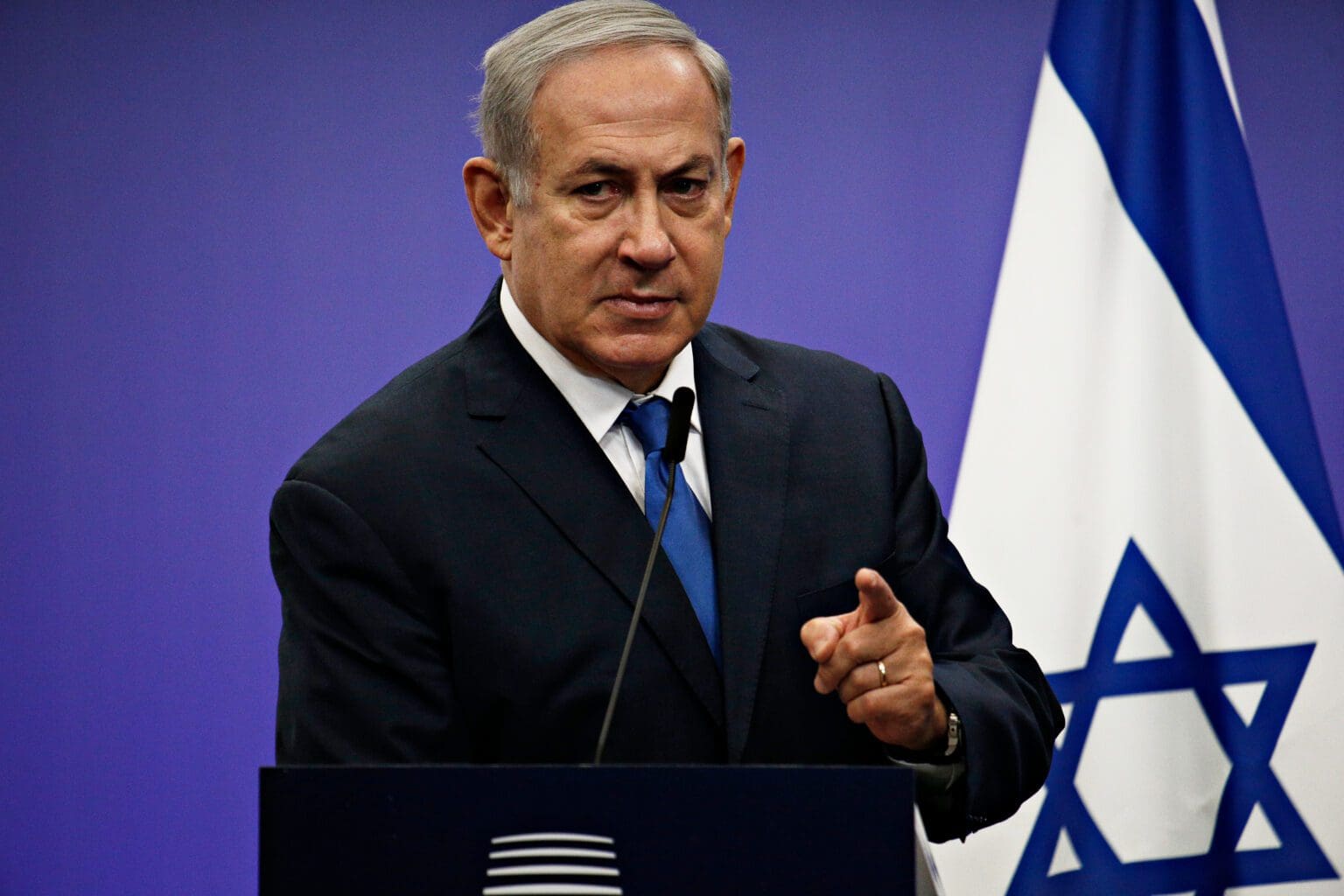
‘A stable Israeli administration under Benjamin Netanyahu and a victory of the US Republican Party in the midterm elections would be a bright and promising development for peace in the Middle East,’ said Péter Szijjártó, Hungary’s minister of foreign affairs and trade, on Wednesday in Jordan.
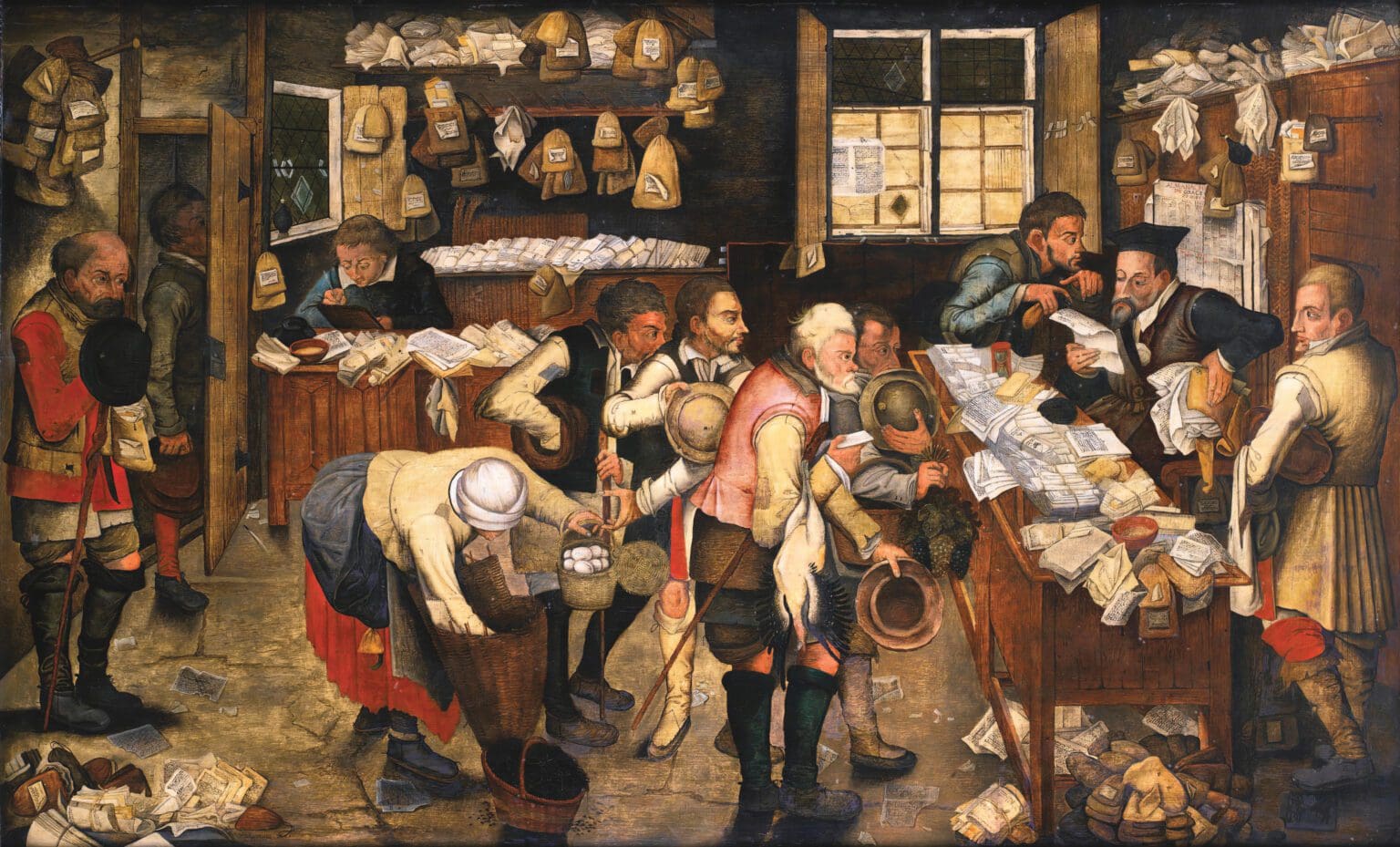
A homogeneous tax would create a certain order in the taxation of multinational corporations, but for the Visegrád countries it could be a drag on economic development. If it is accepted, the countries in question will have to find other ways of attracting foreign capital.

Evidence indicates that the UK has become more polarised when it comes to people’s positions on salient issues. Great Britain is also witnessing a fragmentation of political support and ‘affective polarisation’ related to people’s Brexit identities.

Some observers believe that the war offers a painful but historic opportunity for Europe to detach itself from fossil fuels more rapidly than planned, and the scarcity of energy will bring the required green shift in societal attitudes, as well as the operation of the economy.
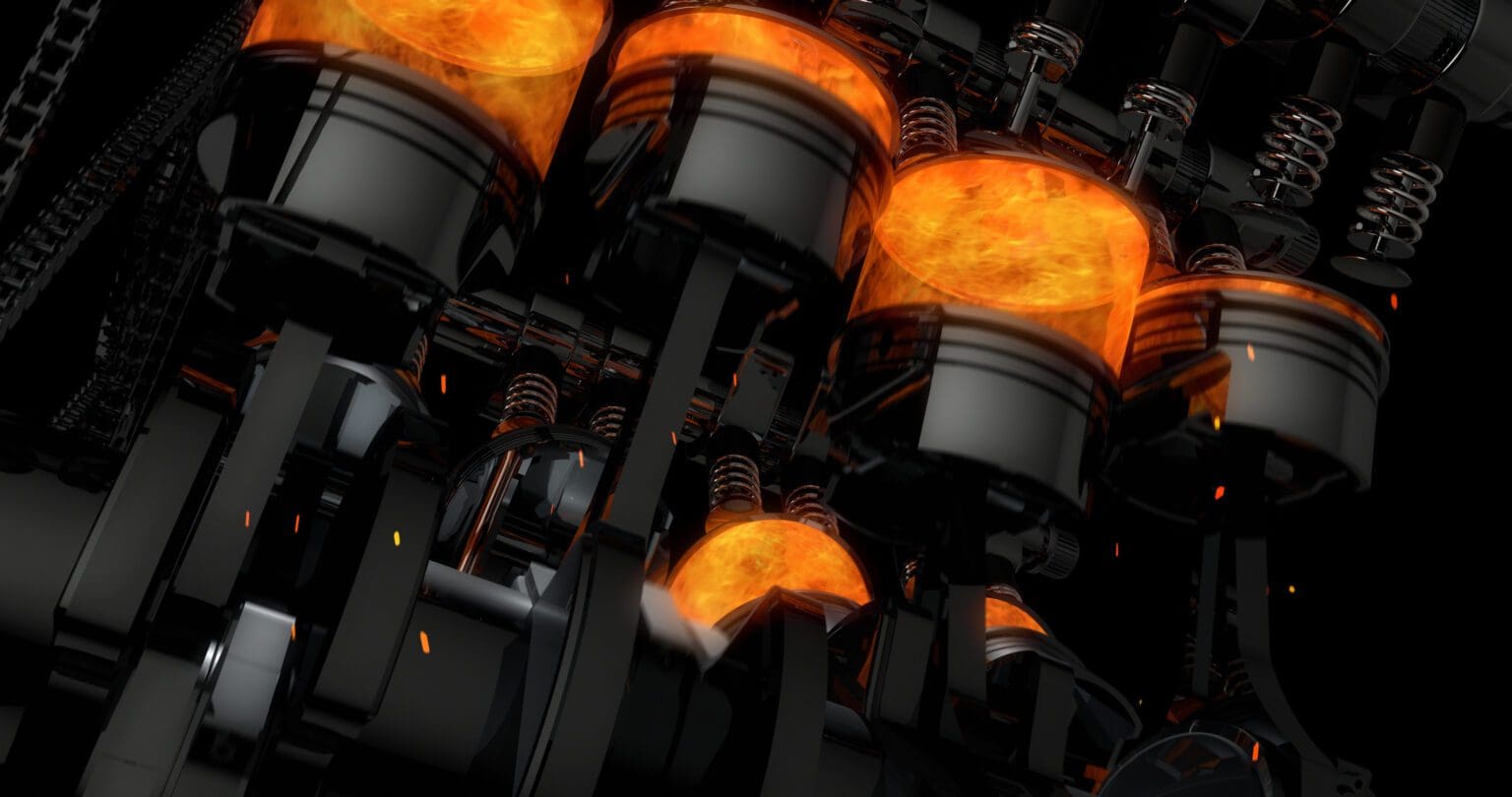
After nearly 150 years of existence, the combustion engine is about to be phased out in the EU.

Serbian PM-designate Ana Brnabić said in Belgrade on Tuesday that the urgent construction and completion of the oil pipeline linking Serbia and Hungary is one of the priority projects in the country’s new energy strategy.
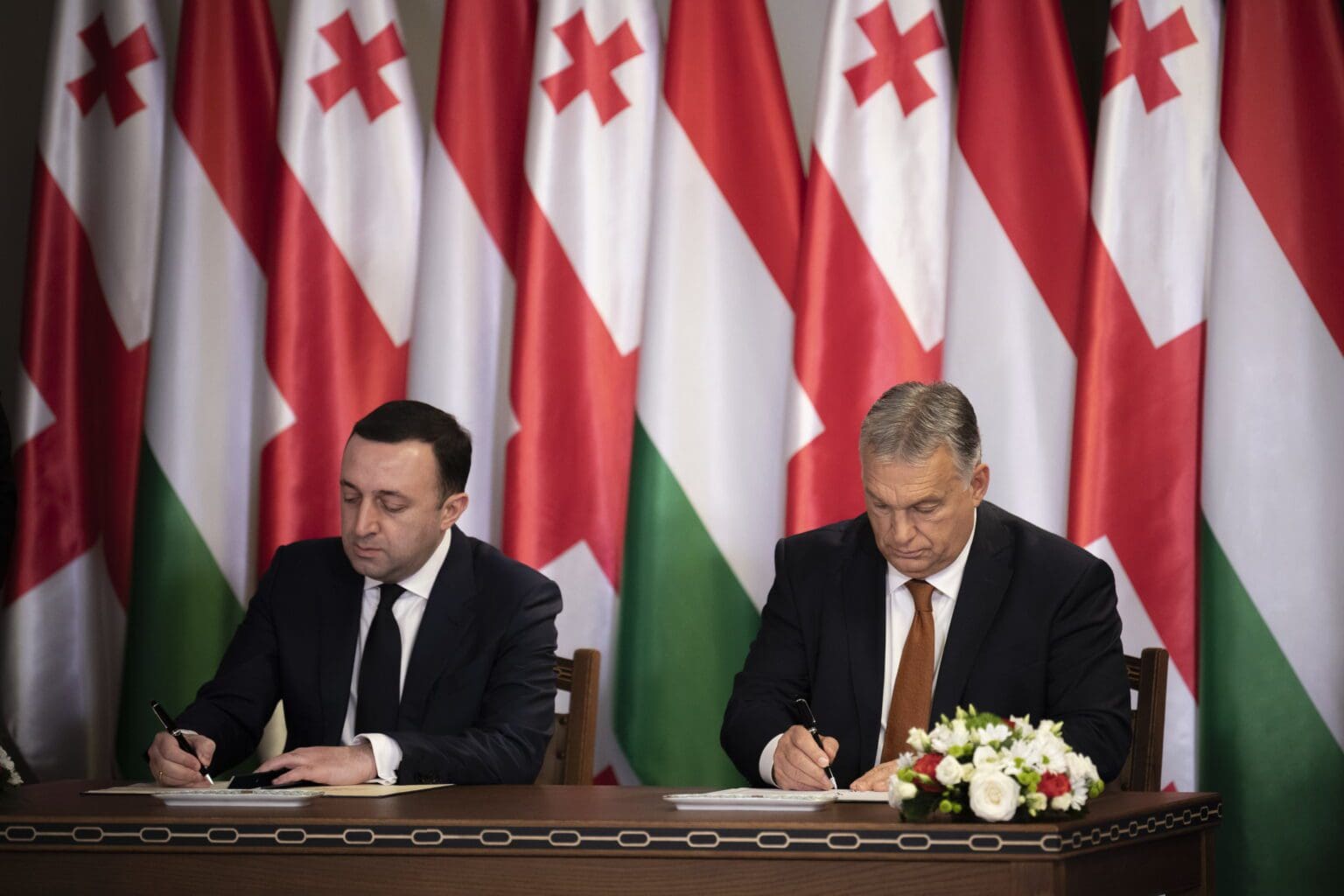
According to Prime Minister Viktor Orbán, the European continent needs to get as much energy as possible from a variety of sources in order to durably resolve the energy crisis.
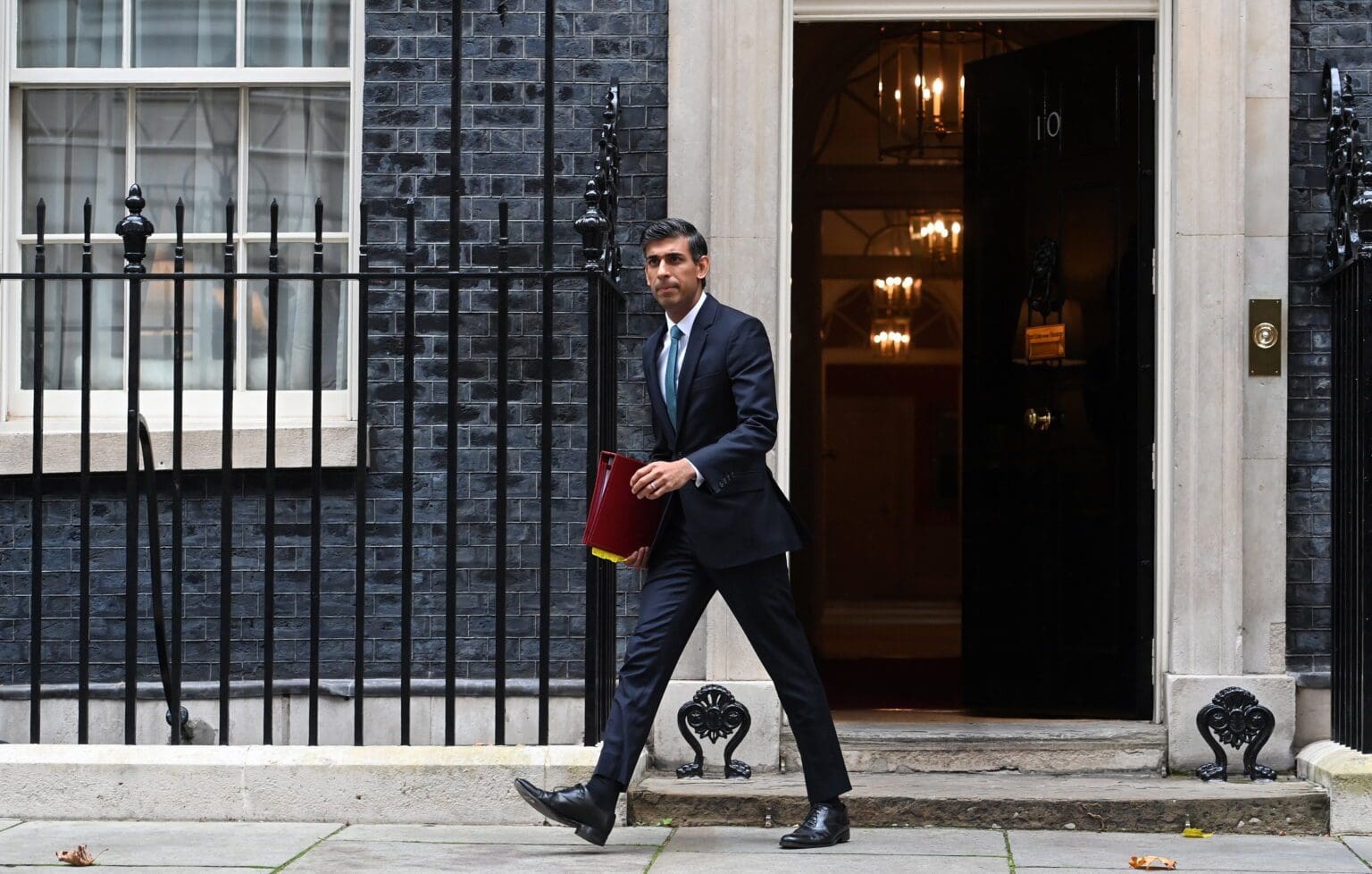
While seven weeks ago few would have predicted it, Tuesday saw the triumphant installation of the man who had finished a distant second in the Tory leadership race this summer.

By 2050, Hungary hopes to dramatically reduce its reliance on imported gas, from its present 11.5 billion cubic metres per year, by cutting its annual gas consumption to no more than 3-4 billion cubic metres and increasing the production of non-fossil fuels.
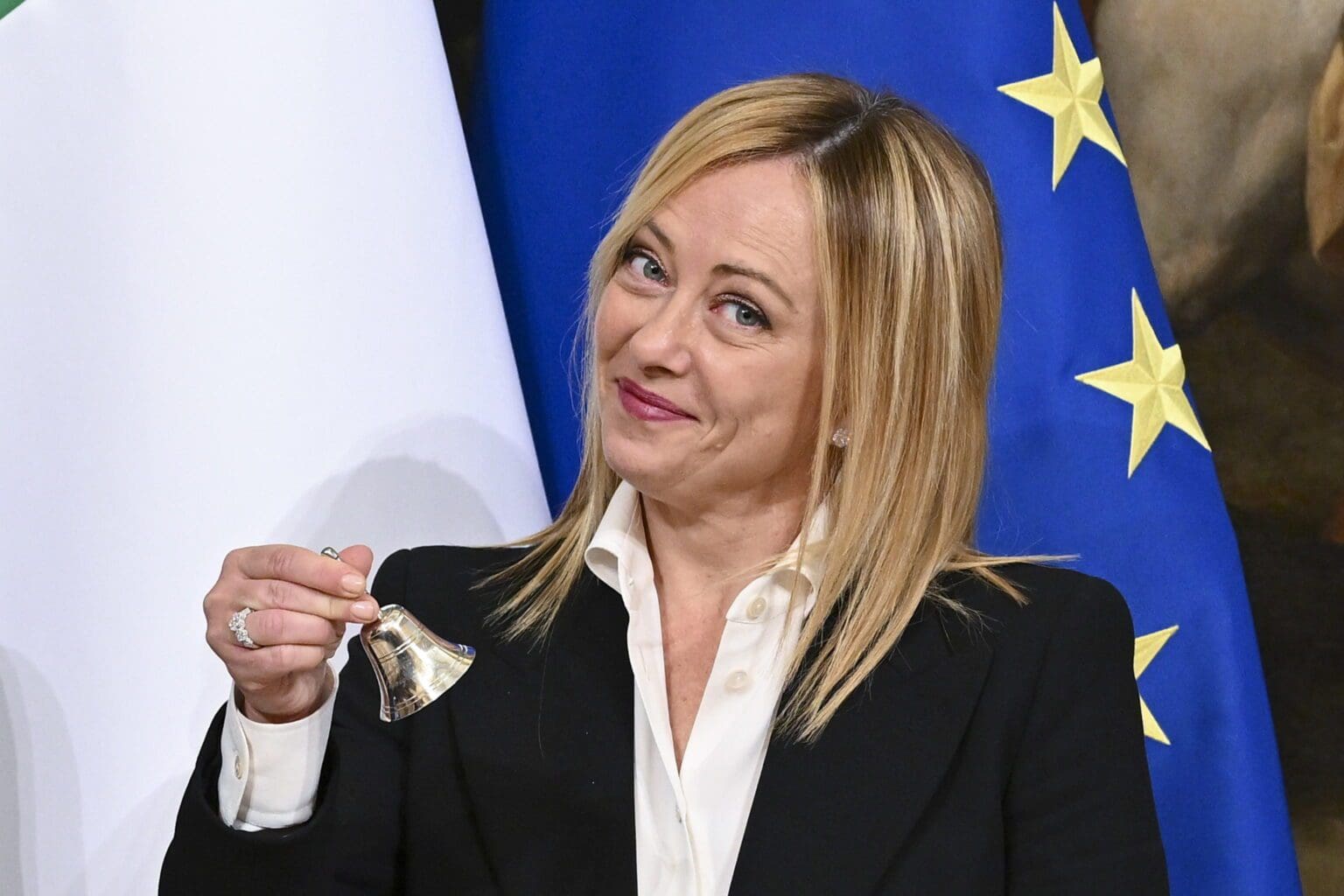
‘I am Giorgia, I am a woman, I am a mother, I am Christian,’ Meloni has famously proclaimed. Now she is also Italy’s first female prime minister.

To commemorate the 66th anniversary of the Hungarian revolt against Russian occupiers, Niagara Falls was painted red, white and green to honour the freedom fighters’ memory.
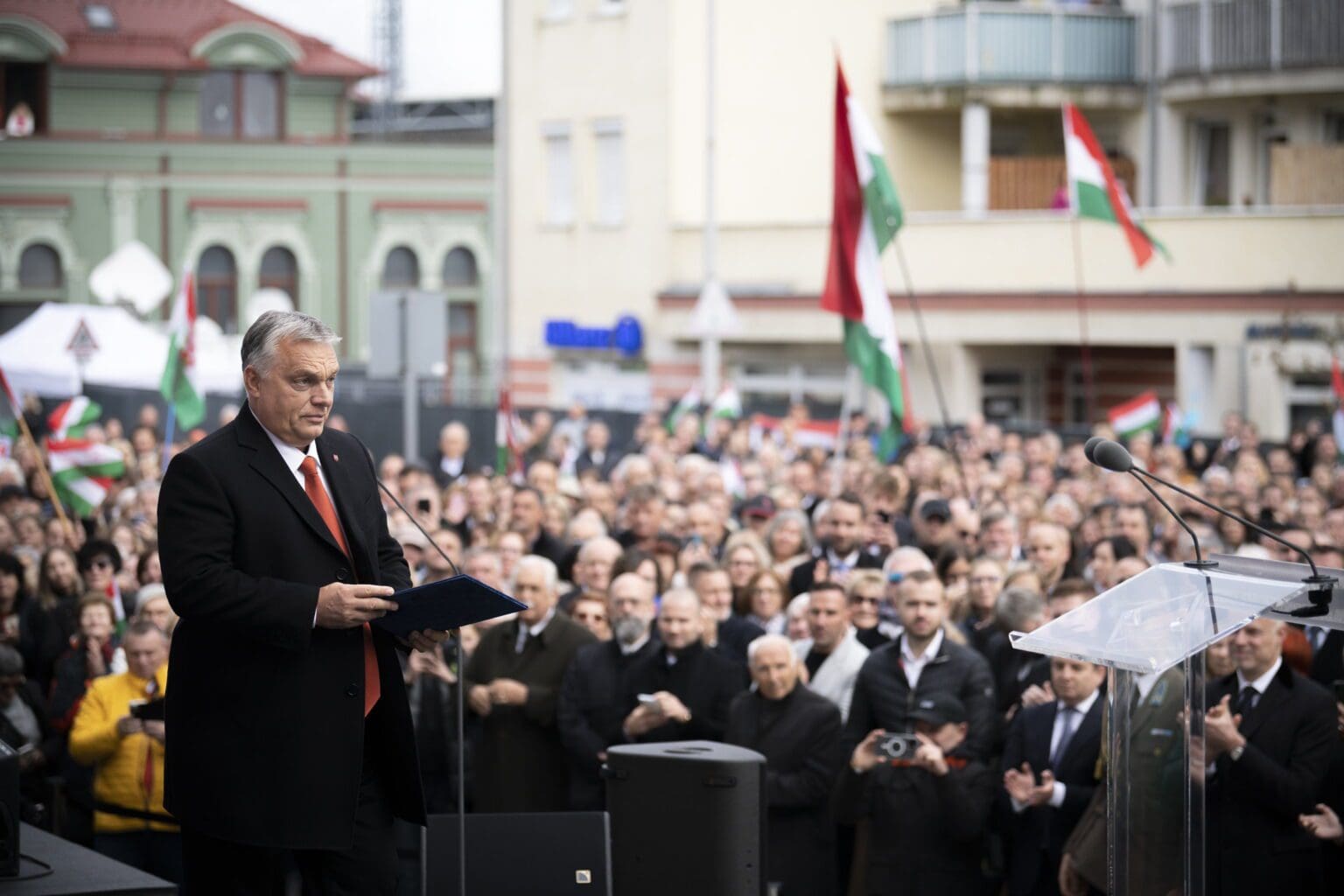
On the commemoration day of the 1956 Hungarian Revolution, Viktor Orbán, the prime minister of Hungary, spoke in Zalaegerszeg.
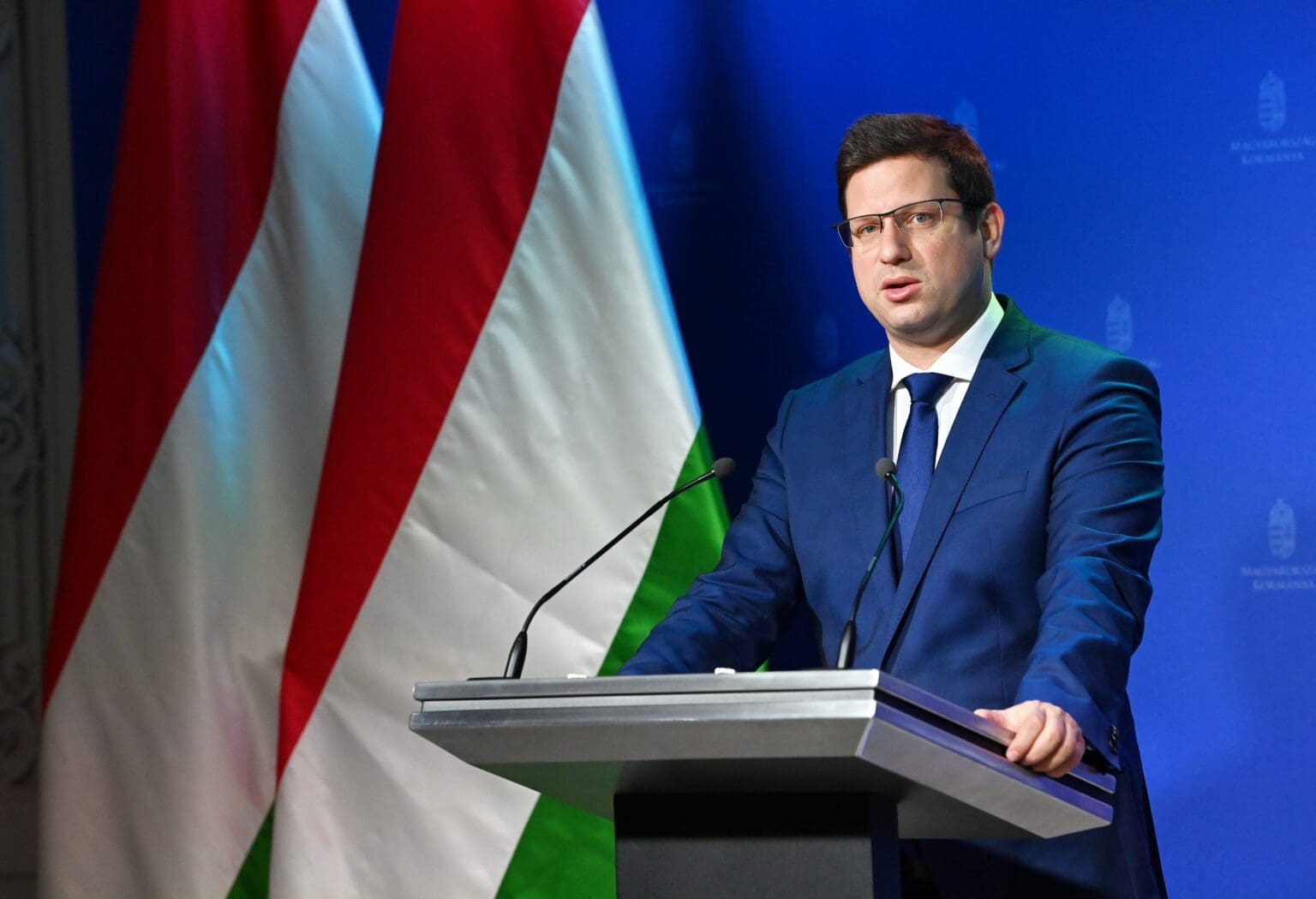
According to Gergely Gulyás, head of the Hungarian Prime Minister’s Office, the Hungarian government would continue its policy of price limits as sanctions-induced inflation hits the European region.
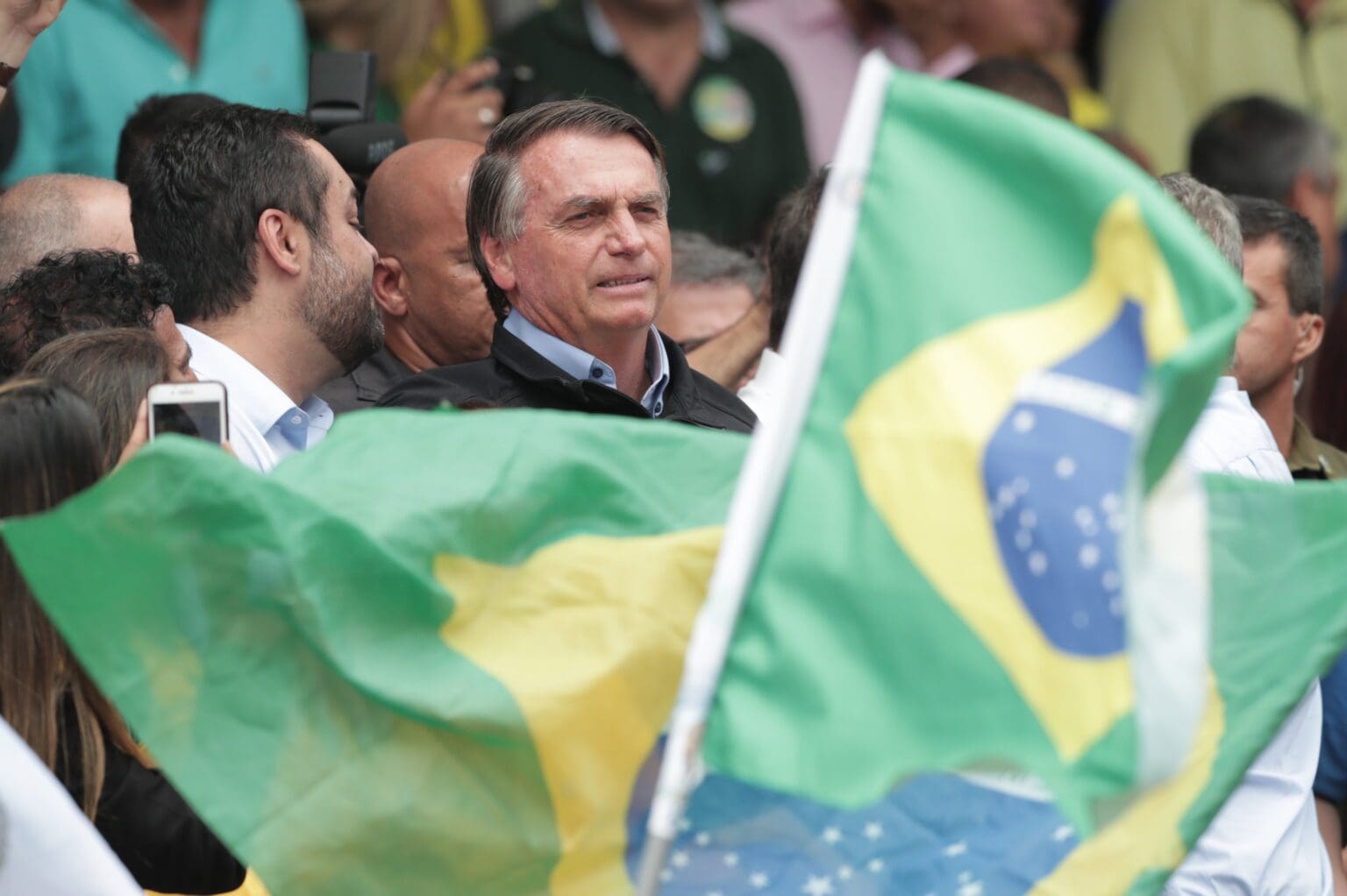
Fighting violent crime by expanding gun rights might be an appropriate solution in countries with already elevated crime rates. Extended gun ownership may be particularly effective in reducing the number of homicides.

In the present circumstances, even the smallest change affecting the Bundeswehr could be the source of prolonged political debates that not only protract the deployment of forces and the acquisition of equipment, but also greatly hinder effectiveness.
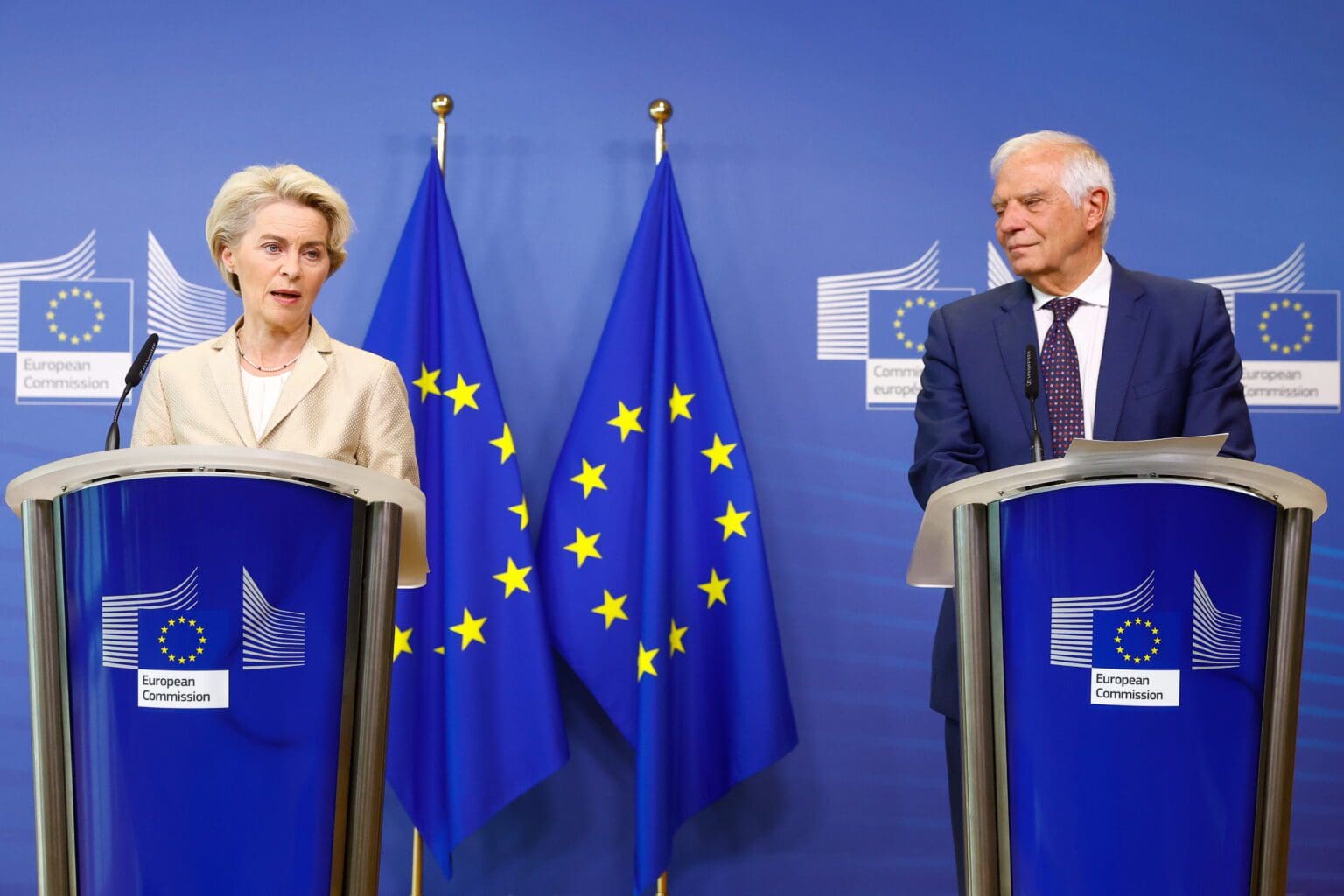
The general switchover must be a deliberate and incremental process, mindful of the specific situation and the needs of each member state.
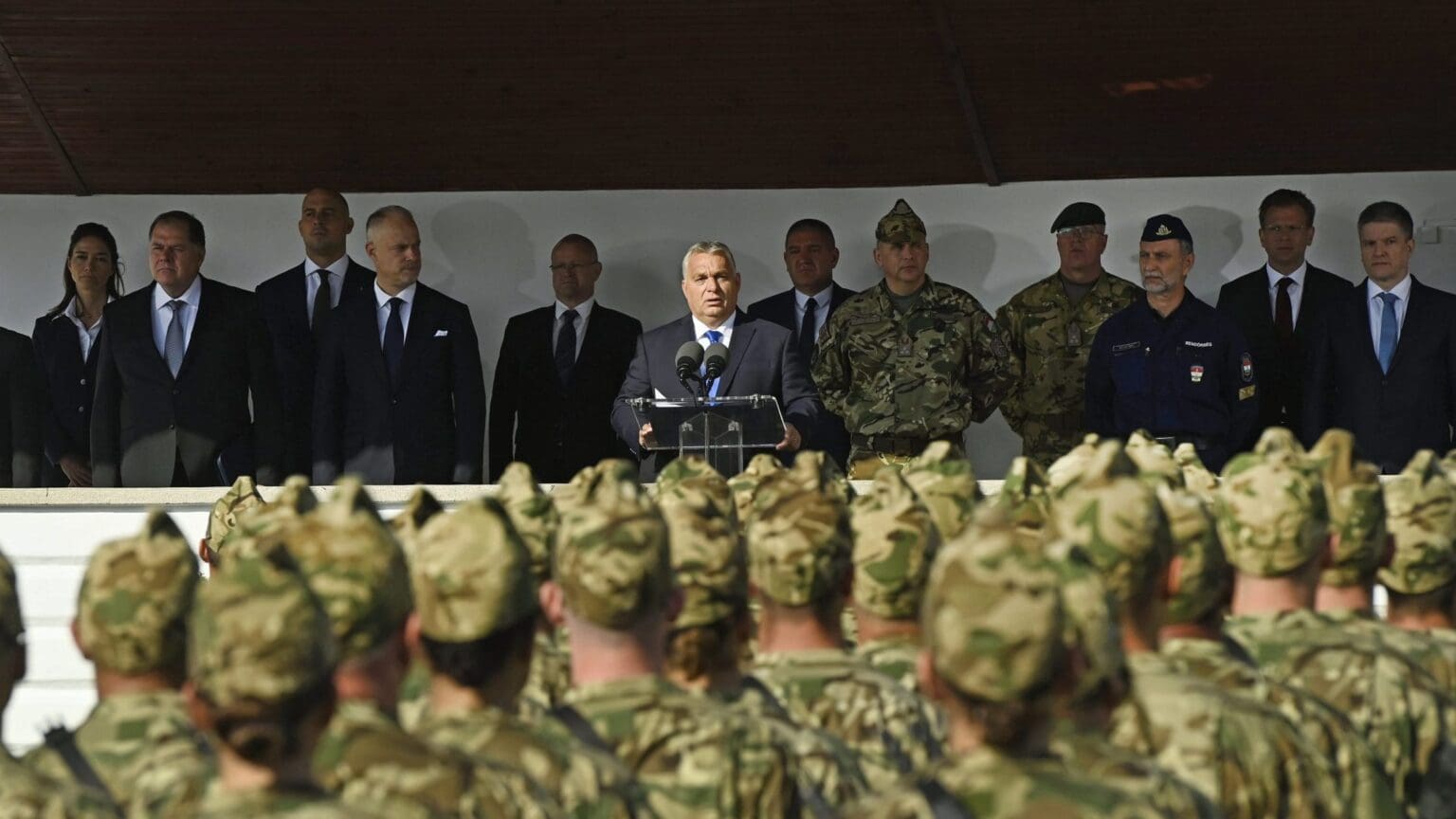
The Hungarian force development programme essentially aims at acquiring NATO-compatible equipment, increasing troops levels, and building a national defence industry.
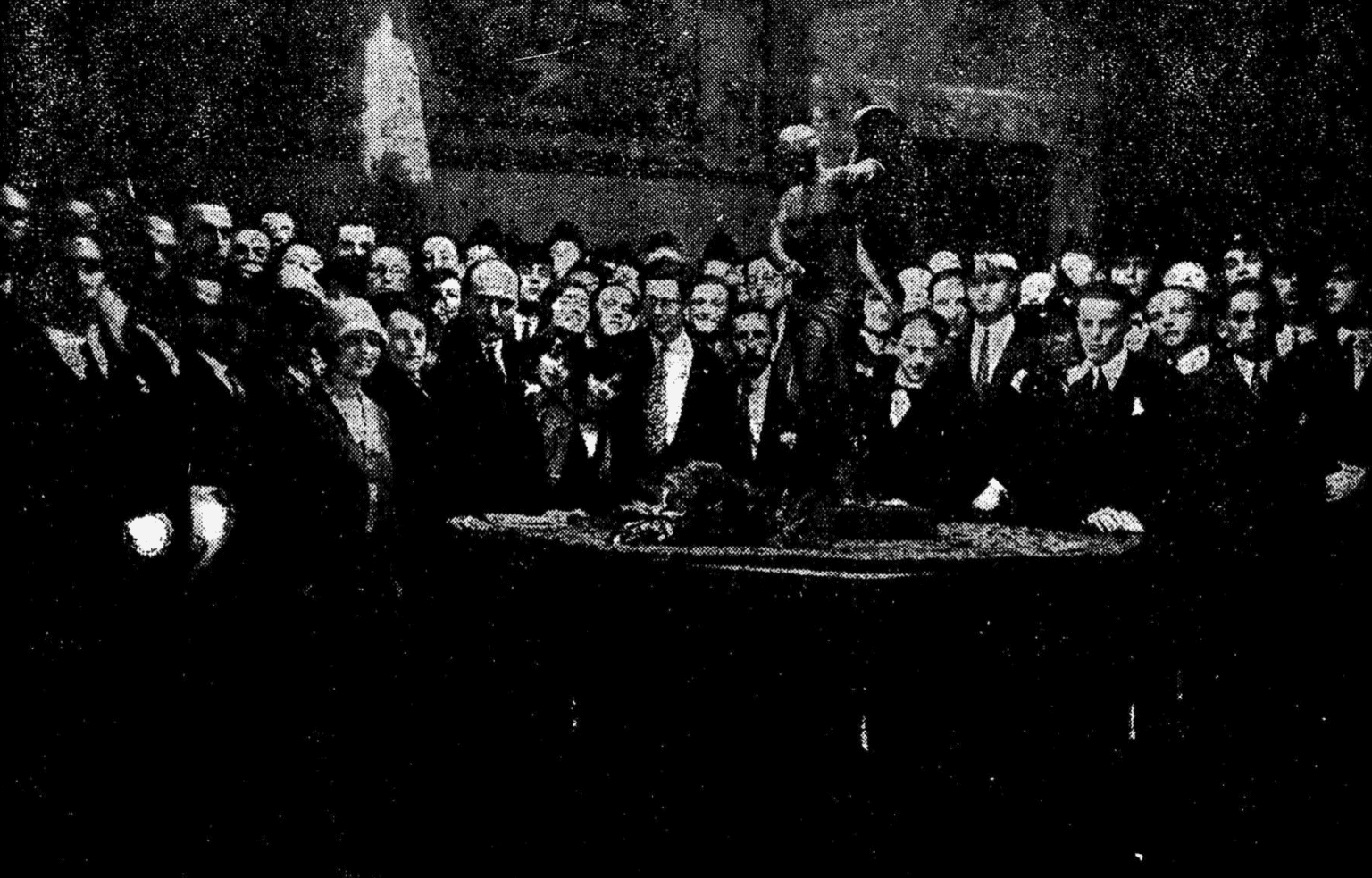
In the wake of the victory of the Italian right in the recent elections, much has been written in the international press about the return of ’fascism’.
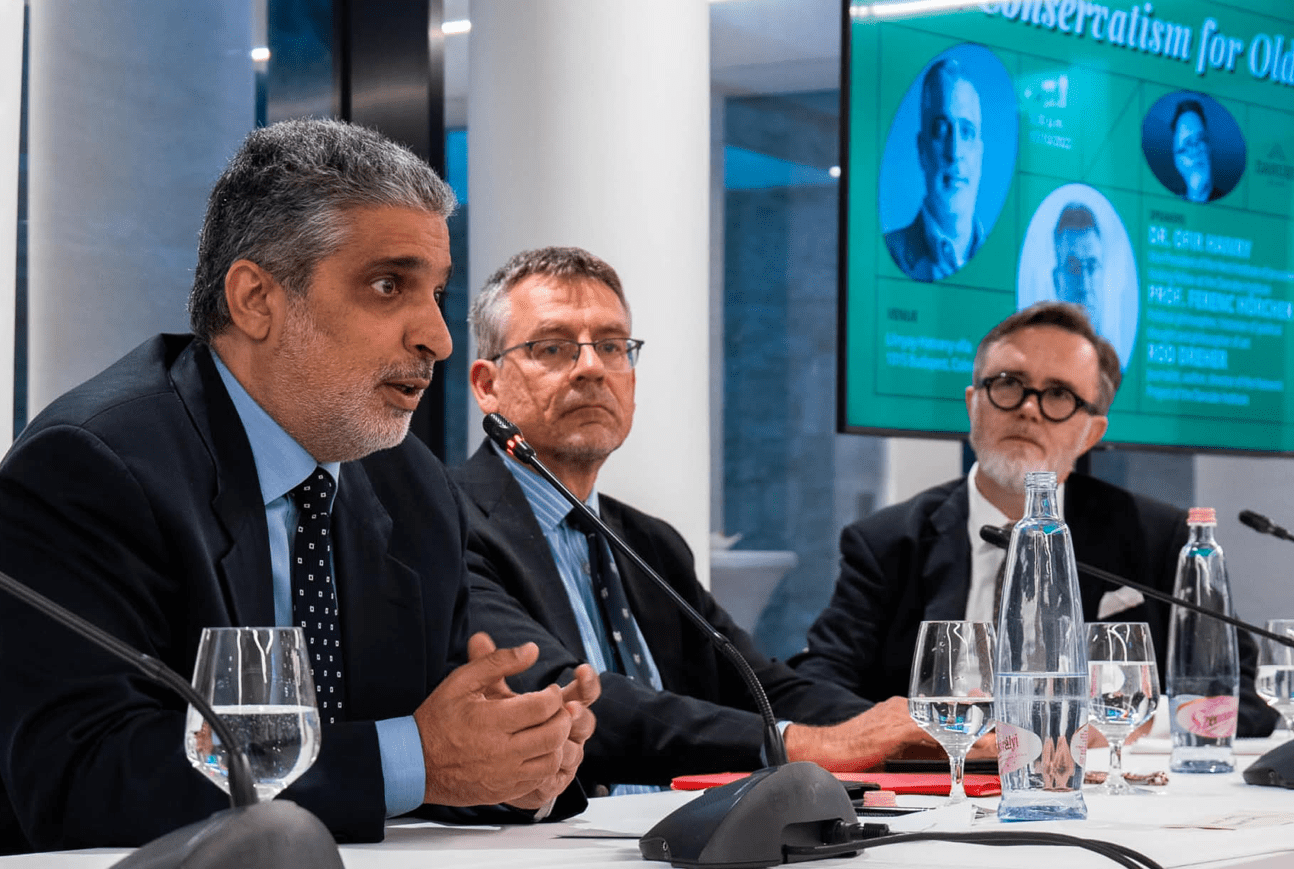
With conservatism being forced out of an increasing number of arenas and institutions today, the need to (re)define it is greater than ever. If we as a society are to get back on the right track, we ought to be clear on the directions first.
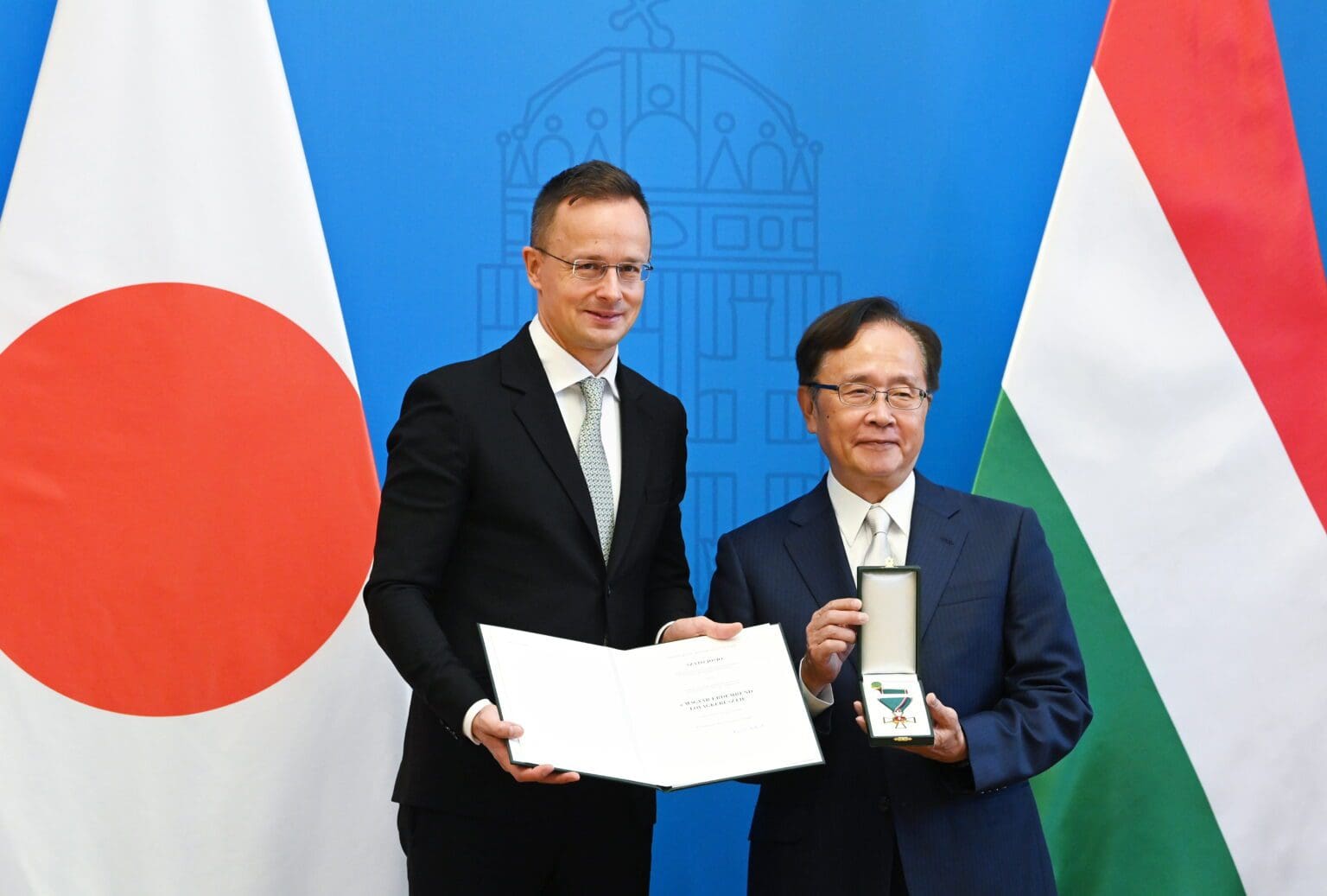
Minister Szijjártó awarded the Knight’s Cross of the Order of Merit of the Hungarian Republic to Sato Yoshio, Chair of the Committee on Europe of Keidanren, the Japan Business Federation.
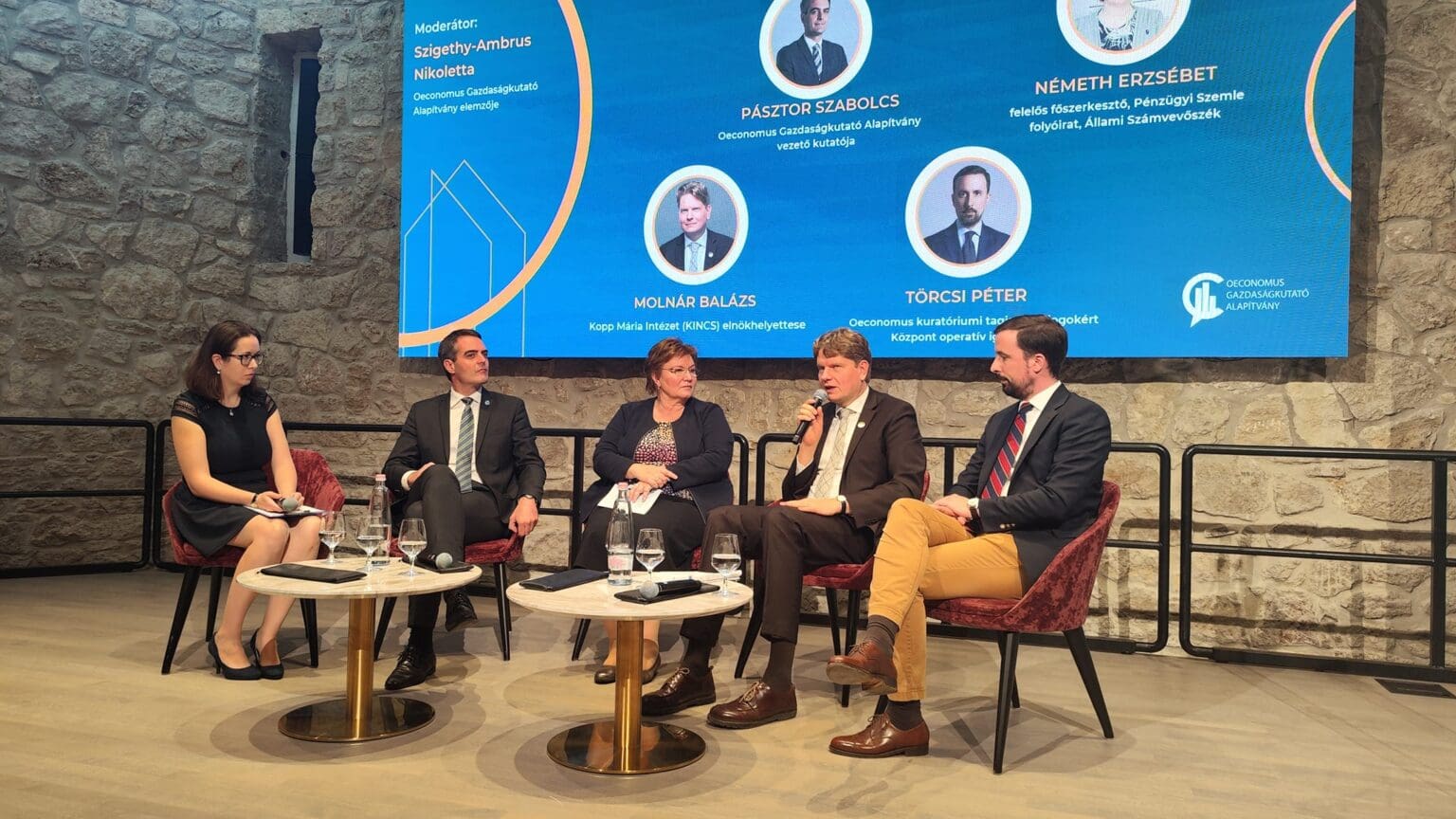
As opposed to progressive liberalism, conservatives believe in communities, with families being a basic pillar of society.
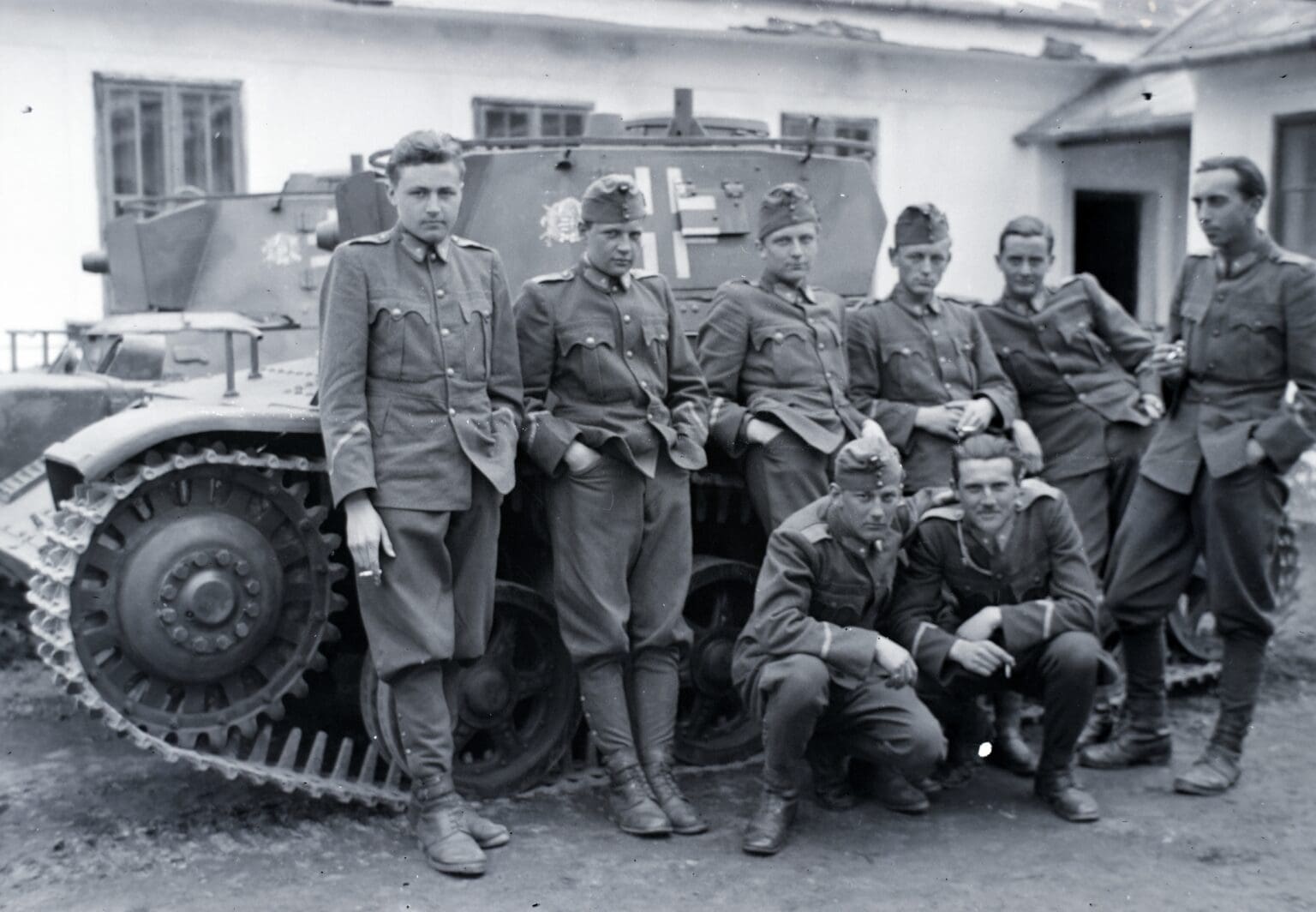
The best side is the neutral side, that is staying out of the killing. ‘Anyone who disputes this and spouts moral arguments has never seen war,’ Demkó warned.

Hungarian Conservative is a quarterly magazine on contemporary political, philosophical and cultural issues from a conservative perspective.